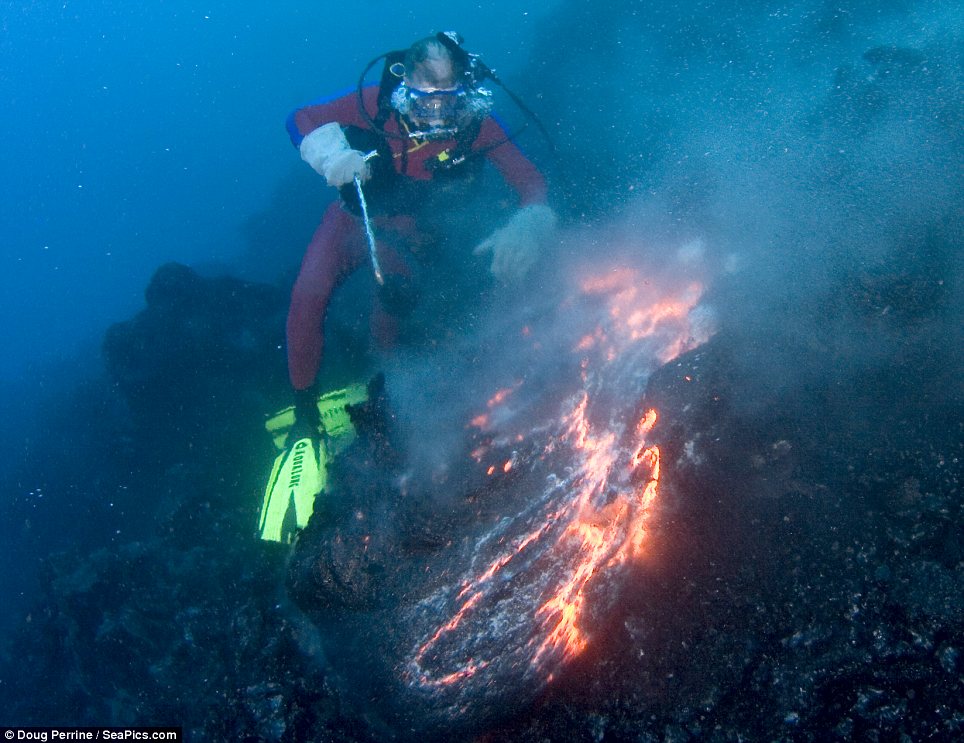This is the follow-up question to How could an underwater civilization develop electricity?, as mentioned there.
In that question, I never addressed how my civilization could have discovered/used fire. In our world, this would be a huge issue, because fire was the precursor to most of the entirety of our technology. However, I figured that it might be different underwater.
- How would the civilization discover fire?
- How could the civilization use fire?
Some details about the civilization:
- They are octopus-like, insofar as they have tentacles for manipulation of objects.
- They have gills.
I can't give more details about the level of technology or what other technologies exist, because I have no idea how earlier fire would be discovered (or at all).
So, how can an underwater civilization use fire?
Something I should clear up: This civilization doesn't necessarily have access to electricity yet. I'm guessing that they might have discovered fire first, but I'm not sure how this could have been achieved. I apologize for posting the questions in the reverse order to how they would most likely have been chronologically relevant.

